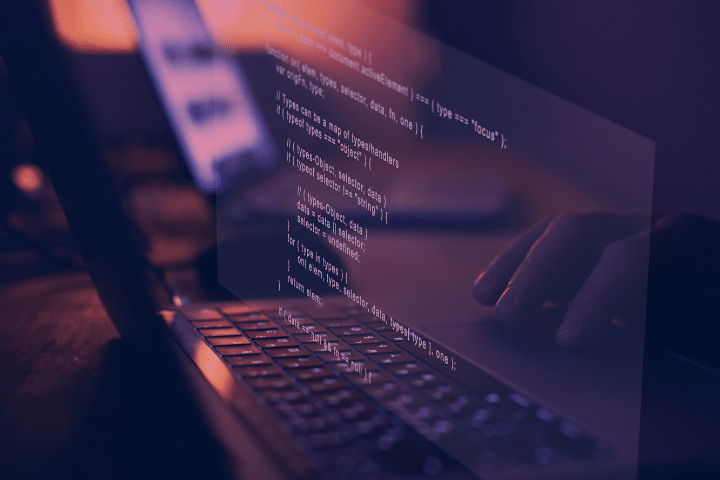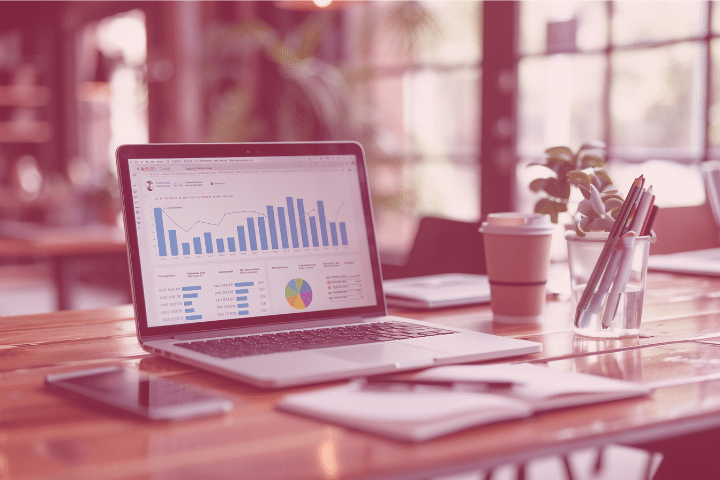Law is the force that ensures property and decorum in our society. Undoubtedly, there is no part of the business world that has not been influenced by the law. From sales to purchases, mergers, acquisitions, partnerships, and so forth, everything involves a legally determined contract.
Technology has permeated every aspect of the legal field, from law firms and corporate practices to courtroom operations and document handling. Advanced technologies such as Artificial Intelligence and Big Data enable modern software to analyze legal documents, streamline communications, and identify suitable cases for legal professionals.
Evidence of this is found in an analysis conducted by the McKinsey Global Institute, estimating that approximately 23% of the work performed by lawyers can be automated through existing technology.
Curious about how Artificial Intelligence can be applied in the practice of law? Follow this article and check out the topics below:
- How AI can be used in Law;
- Artificial Intelligence for contract review;
- Using AI in contract analysis;
- How lawyers can utilize bots;
- Technology should be part of your business.
How AI can be used in law
Artificial Intelligence (AI) has made its way into every professional sector, effectively revolutionizing their operations. In addition to overcoming paperwork and data handling, it is also helping the legal industry become more consumer-centric.
While some operations still rely on experience and judgment, others are slowly being overtaken by technology. In this case, Artificial Intelligence is paving the way to emerge as the backbone of the legal profession.
In various scenarios, this technology is adopting algorithms and machine learning to perform various services, as both the legal field and machine learning technology seek the assistance of historical data to establish rules for application in new scenarios.
Now, let’s explore 3 applications of Artificial Intelligence in the field of Law:
1. Artificial Intelligence for contract review
Contracts are the cornerstone of our economic structure and essential for any business transaction. However, the entire process of mediation, negotiation, and settlement of a contract remains a cumbersome task.
Lawyers from both parties are required to manually inspect, refine, and exchange documents repeatedly. Thus, this procedure can prove tedious, leading to business delays and the potential for errors, with crucial emphasis on meticulous details and the lengthy extent of documents.
This time-consuming process offers significant automation potential. Several startups, including Lawgeex, Klarity, and Clearlaw, have been developing AI systems that can automatically digest proposed contracts.
Moreover, they can thoroughly examine them by adopting natural language processing (NLP) technology and decide which aspects of the contract are acceptable and which ones pose a problem.
Currently, these systems have been developed with the idea of keeping a human involved in overseeing and reviewing the AI examination and final verdicts. However, this could certainly change in the future as these technologies advance even further.
2. The use of AI in contract analysis
Posting the contract signature and still overseeing it can prove to be a pain. Especially in the case of large companies with extensive pending contracts and a large number of counterparts across various divisions.
However, some solutions based on natural language processing have started to be developed; they derive and assess crucial data throughout a company’s core contracts.
This way, it’s possible to streamline the nature of the company’s business commitment for its stakeholders. In this context, an example of a company developing this kind of platform is Kira Systems.
These technologies enable sales departments to stay updated on when contracts are ready for renewal. Additionally, they also allow purchasing departments to track details of the current contract and amend them if necessary.
Meanwhile, finance departments can ensure that companies are always prepared for opportunities and the processes carried out during mergers and acquisitions.
3. How lawyers can utilize bots
Bots can prove to be highly effective in providing legal assistance and giving the masses easy access to services. A lawyer bot is essentially software with the ability to perform automated tasks that are typically carried out directly by the professional.
These bots are quite useful in speeding up work and providing an enhanced experience, allowing clients to engage in self-service online.
Some of the top Lawyer Bots include the DoNotPay app, hailed as the world’s first robot lawyer, and the junior clerk robot, BillyBot, which helps people obtain quotes for mediator or lawyer services.
Technology should be part of your business
We can observe that numerous companies are already developing Artificial Intelligence solutions for the legal market. The vast scope of this market offers an attractive opportunity for value generation.
It is becoming increasingly clear that as AI and natural language processing technologies improve, significant opportunities arise to revolutionize and rejuvenate the legal sector in the near future.
With this understanding in mind, Ubistart is always ready to assist various sectors in integrating new technologies into their routines, optimizing processes, and creating new ways of engaging with their clients. Contact us to learn more!




